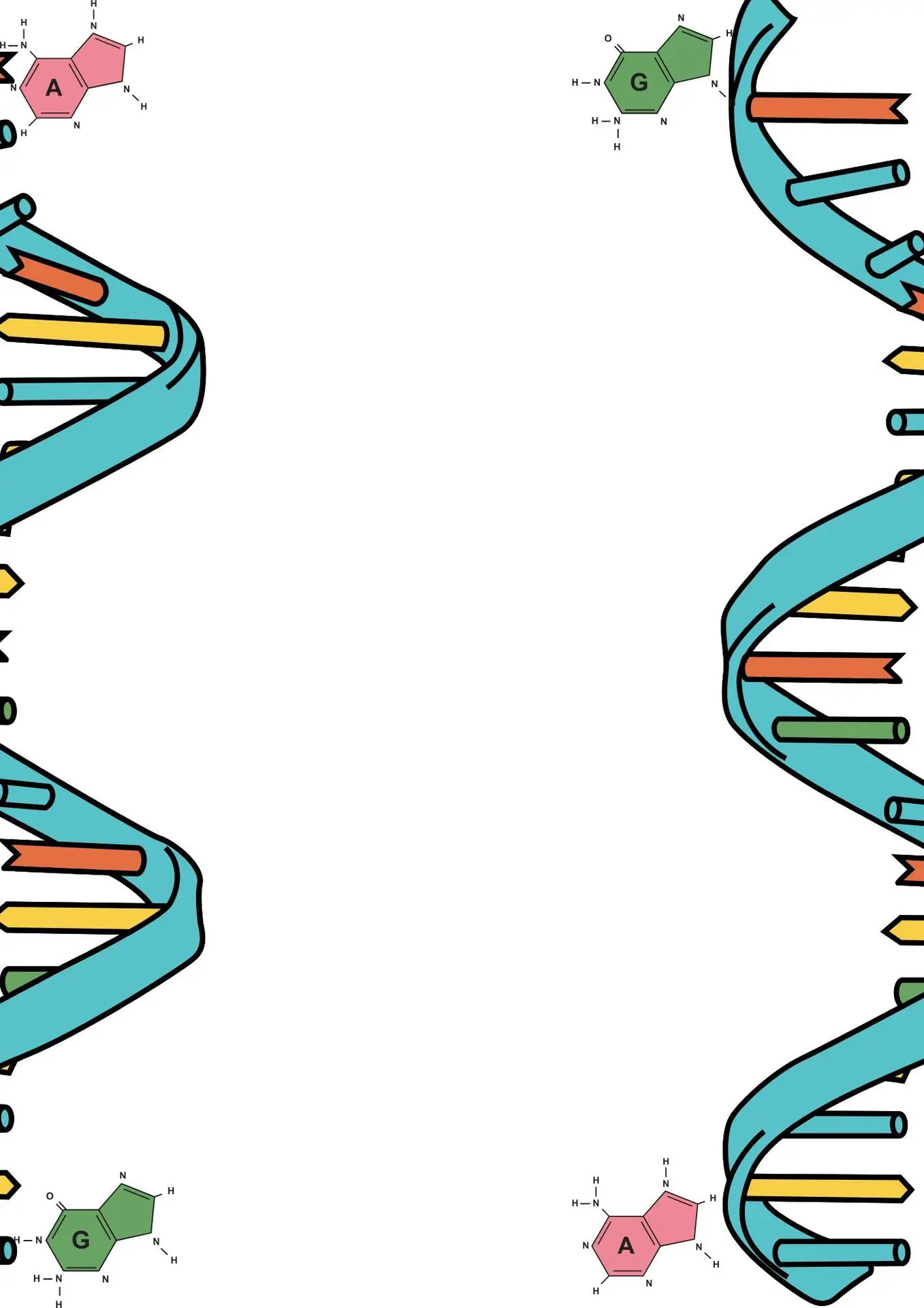
Reclaiming Care: Addressing Emotional Needs in Vulnerable Youth Without Suppression
In many institutional systems that serve vulnerable youth, there is a growing concern about how emotional and behavioral challenges are addressed. Individuals who have experienced instability, trauma, or neglect often show signs of distress that require compassionate and informed responses. However, instead of being met with patience, understanding, and long-term support, these individuals may be subjected to approaches aimed at control rather than healing.
This reflects broader systemic shortcomings, where time constraints, underfunded programs, and a shortage of trained professionals lead to solutions that prioritize compliance over care. Without a focus on addressing root causes—such as trauma, insecurity, or a lack of stable relationships—these systems risk overlooking the deeper needs of those they are meant to protect.
A truly supportive environment prioritizes connection, trust, and individualized attention. It recognizes that lasting change comes not through quick interventions, but through consistent guidance, safe spaces, and a genuine commitment to emotional well-being. To serve those in need effectively, institutions must evolve to emphasize human connection and long-term healing rather than short-term management.